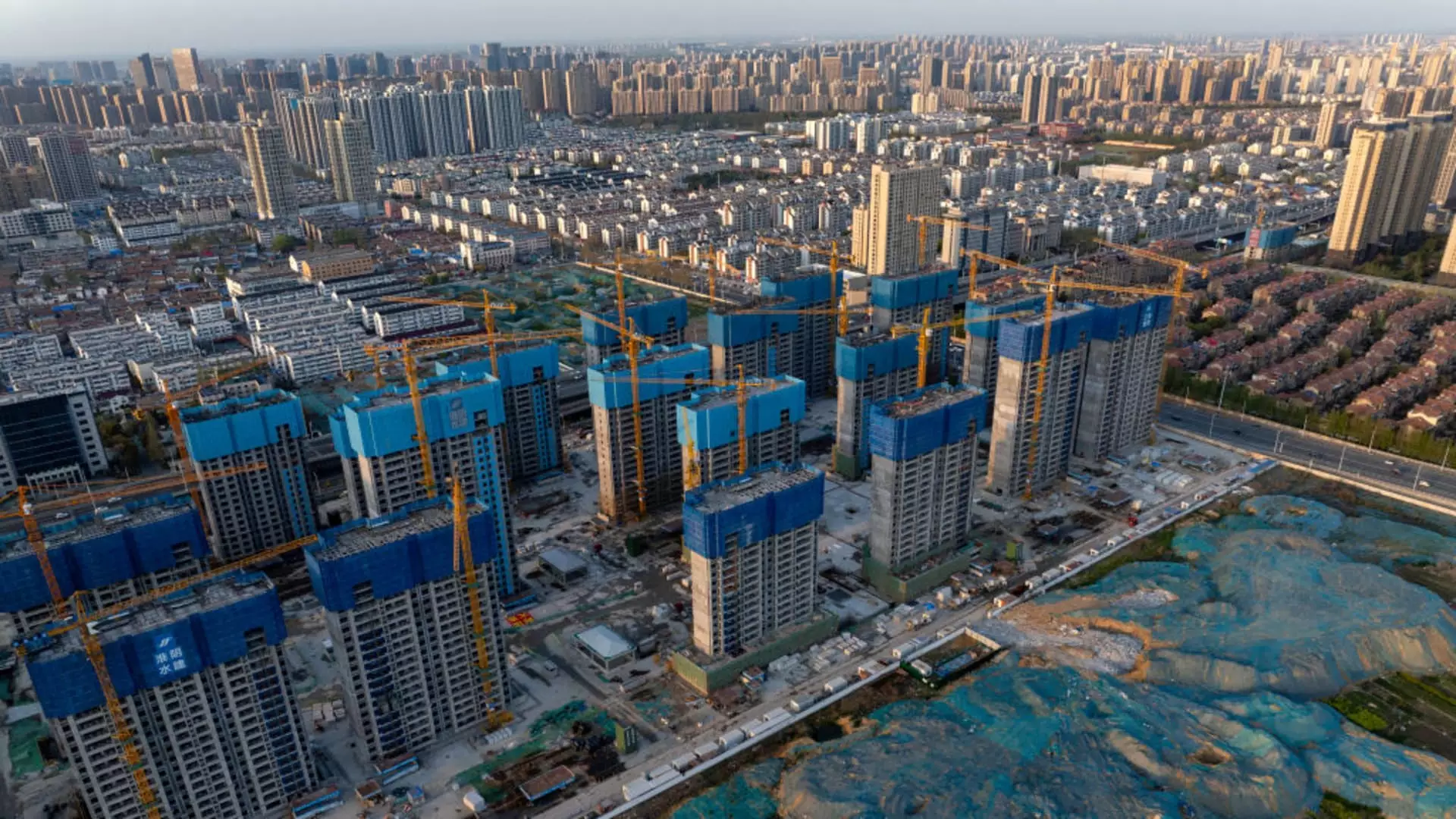China’s economic recovery is heavily dependent on the revival of home prices, according to Richard Koo, chief economist at Nomura Research Institute. The need to instill confidence in the market to stimulate both business and consumer borrowing is a pressing issue. With home prices experiencing a decline, there is a growing concern that China may be on the brink of a “balance sheet recession,” reminiscent of Japan’s economic downturn.
State of Real Estate Market
Chinese officials have acknowledged the ongoing adjustment in the real estate sector while diversifying the focus towards new growth drivers like manufacturing and new energy vehicles. However, the real estate market remains a significant contributor to China’s economy, accounting for a substantial portion of its GDP. The market slump initiated after government intervention to curb excessive debt among developers, coupled with the impact of the Covid-19 pandemic.
An additional challenge faced by China is the declining population, which differs from Japan’s circumstances during its economic crisis. The shrinking population poses a unique barrier to the narrative of rebounding home prices. As a result, convincing individuals to invest in properties amid population decline becomes a daunting task.
Although China reported a 5.2% economic growth in 2023, concerns persist regarding achieving a 5% growth target set for 2024. Many analysts believe that without substantial stimulus measures, accomplishing such growth projections would be challenging. The government’s reluctance to implement large-scale stimulus programs stems from past experiences where excessive stimulus led to overheating and speculative growth.
China’s previous 4 trillion yuan stimulus package following the global financial crisis resulted in rapid growth but also triggered a series of challenges such as inflation and corruption. The government’s decision to avoid repeating similar mistakes and exercise caution in deploying new stimulus measures reflects its apprehension towards jeopardizing economic stability.
Future Economic Outlook
Looking ahead, Koo emphasizes the importance of implementing targeted stimulus to prevent a balance sheet recession while being prudent in withdrawing support once growth reaches sustainable levels. The delicate balance between stimulating economic activity and averting potential risks remains a focal point for policymakers in navigating China’s complex economic landscape.

